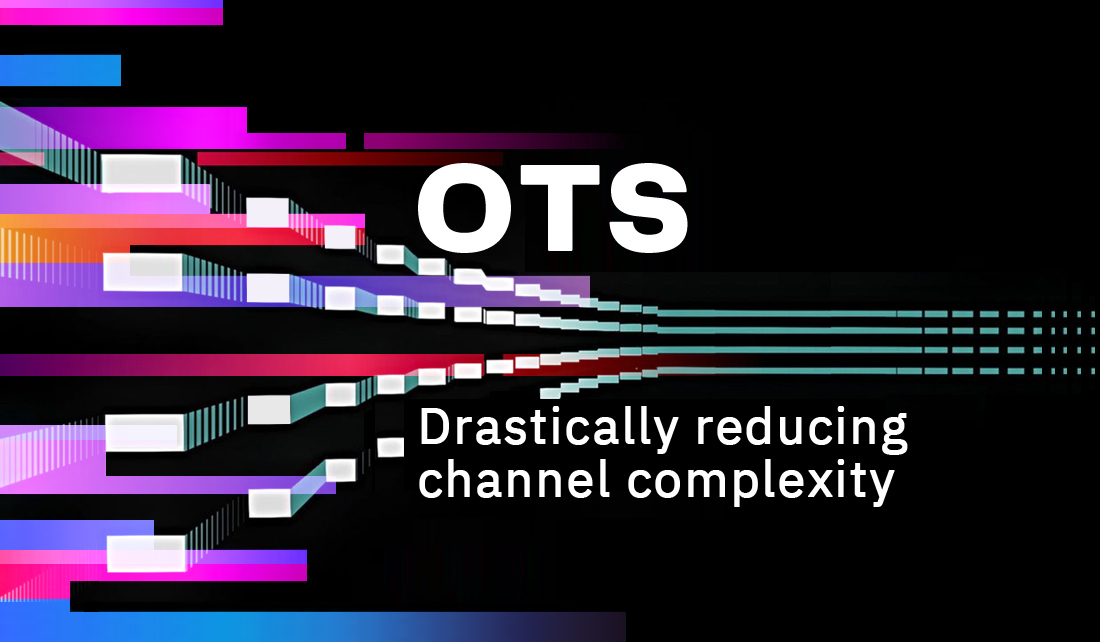OTS-PC: Simplifying Lightning Channels with One-Time Signatures

Payment channels are at the heart of Bitcoin scalability. Over the years, designs like Poon-Dryja, Eltoo, and Outpost have progressively refined how two parties can exchange funds instantly and privately, without congesting the blockchain. Yet, these systems still carry trade-offs: complex channel states, storage-heavy watchtowers, and incomplete privacy.
The new OTS-based Payment Channels (OTS-PCs), developed by Fairgate, propose a streamlined solution built on hash-based One-Time Signatures (OTS). This approach replaces the intricate revocation mechanisms of current Lightning channels with a simple yet secure commitment structure based on sequence numbers.
In OTS-PCs, each channel state is assigned a unique sequence number, and this number must be signed with a one-time key to start a unilateral exit. If a malicious party tries to exit with an outdated state, a “punishment” path in the transaction graph compares the signed sequence number with the latest agreed sequence number and if there is a mismatch, automatically awards all funds to the honest participant. This enforces fairness while reducing implementation complexity and on-chain footprint.
A key innovation of OTS-PCs lies in their constant-space design: watchtowers -entities monitoring the blockchain to prevent fraud- only need to store one small set of transactions per channel, independent of the number of updates. This enables lightweight and privacy-preserving monitoring. The protocol also supports multiple privacy levels, allowing users to choose how much information is revealed to their watchtowers, from simple balance protection to full channel and update-rate confidentiality.
Importantly, OTS-PCs remain fully compatible with the Lightning Network, including support for Hash Time-Locked Contracts (HTLCs). This ensures seamless routing and interoperability with existing infrastructure while offering a simpler and more elegant foundation.
By integrating strong cryptographic primitives with practical Bitcoin scripting, OTS-PCs demonstrate how payment channels can be made simpler, safer, and more private without compromising performance or compatibility.
Discover the details of Sergio’s latest explorations in the 🔗full paper





